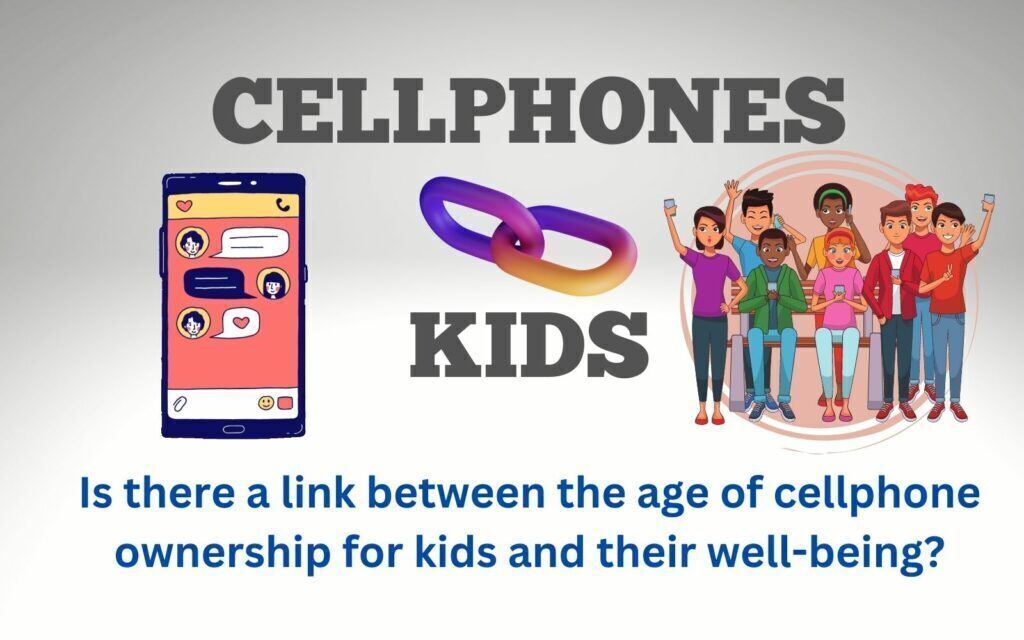If you’re considering getting a cellphone for your child or young teen this festive season, besides spending more money on airtime and data, we hope you’re also thinking about how cellphone ownership could affect their well-being.
Stanford Medicine researchers observed more than 250 kids over a five-year period to track if there was a link between their well-being and the age they were when they got their first cellphone.
“When should children get their first mobile phone? Is owning a mobile phone harmful or beneficial to children? These questions are on the minds of many of today’s parents, educators, and clinical practitioners,” notes the report on child development.
The simple answer is ‘no’. The researchers found no link between ownership and the well-being of the kids. It seems the problem is not kids owning a cellphone, but how they use the device and how you manage their usage. That’s when you might start observing both positive and negative outcomes in their sleep patterns, mental health, grades, and behaviour.
The research findings sighted other studies that tracked cellphone ownership and how the kids used the internet, including social media platforms, online games, educational, and entertainment websites.
Read More: Banning smartphones for kids is just another technology-fearing moral panic
Previous studies by the Society for Research in Children’s Development found a link between depressive symptoms, suicide, low self-esteem, a drop in school grades, shorter sleep duration, and lower quality of sleep.
The study also notes potential benefits which include better communication with peers and families and a learning and social development boost.
“However, null results and negligible effect sizes are common in research examining technology use and child outcomes,” notes the study.
In line with the growing evidence, Stanford Medicine says “theory is being developed to explain how new technologies are influencing child development in many ways.”
“Later is better”
Despite the recent findings by Stanford Medicine researchers, multiple scholars continue to caution parents to wait a bit longer before getting their kids a cellphone.
“Despite considerable media debate, we have little robust evidence on the impact of technology use on children’s development, both academically and socially,” notes the Economic and Social Research Institute of Ireland in a 2017 research paper
The paper notes how much of the research findings are based on small-scale cross-sectional studies.
Using longitudinal data, the study tracked the influence of early mobile phone ownership on 8,500 children aged between 9 and 13 in Ireland, focusing on their reading and maths performance.
The study revealed how children who already report owning a phone by the age of nine fared less in their academic development as they move into adolescence.
“The measured effects are sizeable, implying about 4% lower ranking on standardised tests for an average student,” notes the study.
Researchers note how their results are consistent with the idea that there may be significant educational costs arising from early mobile phone use by children.
“Parents and policymakers should consider whether the benefits of phone availability for children are sufficiently large to justify such costs.”
“We suggest a range of direct and indirect cognitive effects that could help explain these results,” notes the study.
Source: Stanford Medicine, Taylor & Francis Online




